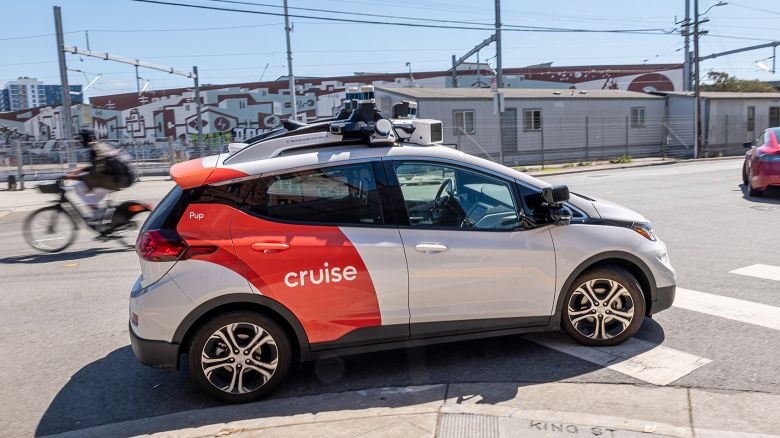Cruise to slash fleet of robotaxis by 50% in San Francisco

To settle charges of price-fixing, Teva Pharmaceuticals agreed to pay more than $200 million in fines and divest a key generic drug used to treat cholesterol.
DOJ said the settlement is the biggest ever paid for “a domestic antitrust cartel.” Pravastatin, a widely used cholesterol medication, is the drug that will be divested.
A $30 million criminal penalty will also be paid by Glenmark’s rival Teva, the company said. The company has spent considerable resources strengthening its compliance practices, according to Glenmark President Sanjeev Krishan.
A multi-year investigation into price fixing, bid rigging, and market allocation schemes in seven pharmaceutical companies has resulted in penalties totaling more than $681 million. There have been two more companies that have admitted to price-fixing: Teva and Glenmark.
A total of $225 million will be paid by Teva over the next five years. In addition to admitting to price fixing, Clotrimazole and Tobramycin will be donated to humanitarian organizations in the amount of $50 million each.
Among the resolutions are extraordinary remedial measures to break up assets and restore competition, according to Assistant Attorney General Jonathan Kanter of the DOJ’s antitrust division. Heavy-regulated industries should be aware that the division will not hesitate to hold them accountable and will not tolerate recidivism.”
The DOJ charged the drugmaker with participating in three price-fixing conspiracies in 2020. Pravastatin’s price was raised between 2013 and 2015 by Glenmark and Teva according to one count of conspiracy. Teva also admitted to violating antitrust rules by selling clotrimazole, which treats skin infections, and tobramycin, which treats eye infections and cystic fibrosis.
In three instances between 2013 and 2015, Teva agreed with competitors not to bid on an opportunity to supply a generic product to a specific customer.
In a statement, Teva said, “We are pleased to put these charges behind us and remain well positioned to defend ourselves against related civil claims.” In response to two collisions – including one with an active fire truck – last week in San Francisco, California authorities have asked General Motors to take some of its Cruse robotaxis off the road.
The Department of Motor Vehicles of California confirmed that it is investigating “recent incidents involving Cruise vehicles in San Francisco.”
The DMV is in contact with Cruise and law enforcement officials to determine the facts and has requested Cruise to immediately reduce its active fleet of operating vehicles by 50% until the investigation is complete and Cruise takes appropriate corrective measures to improve road safety, said the department.
